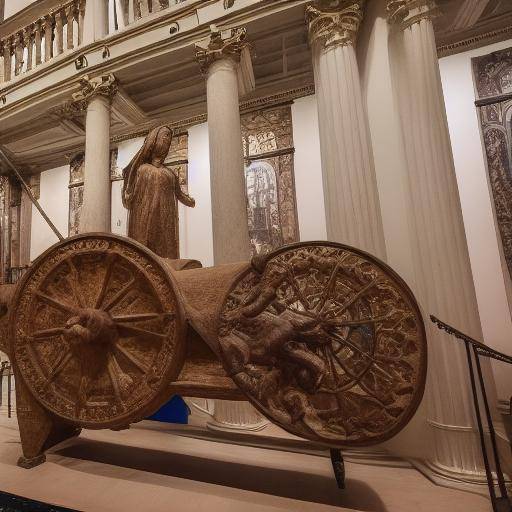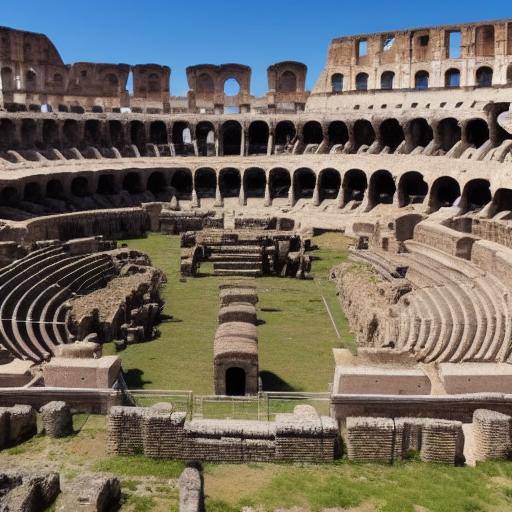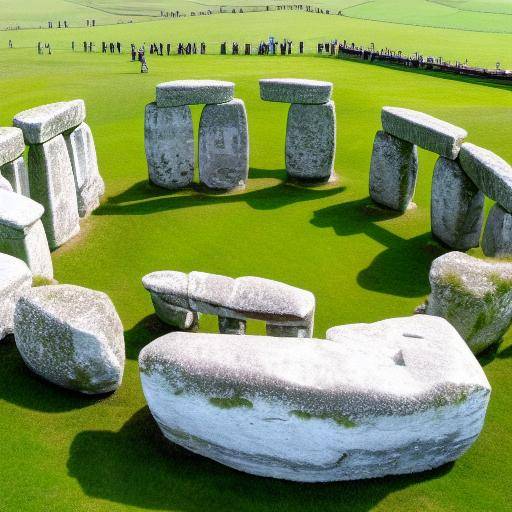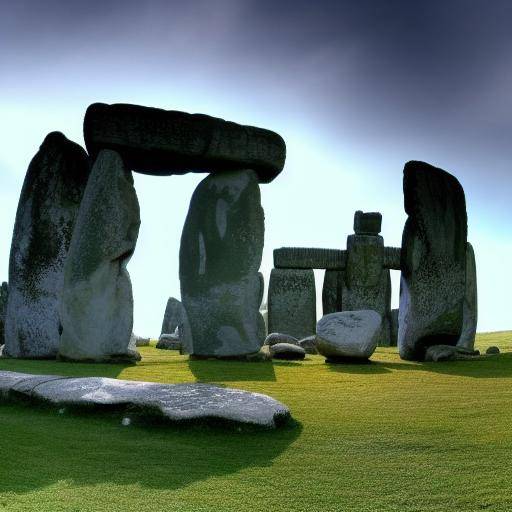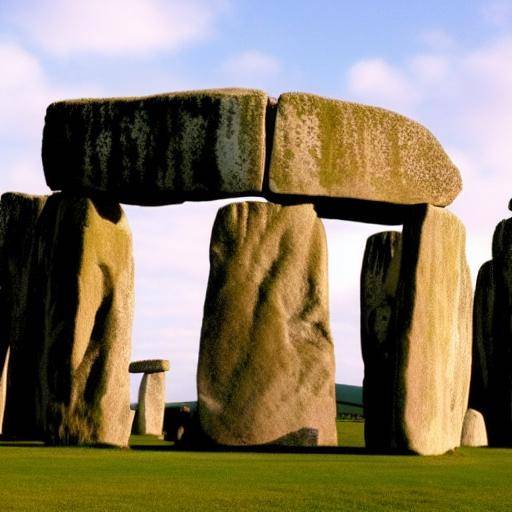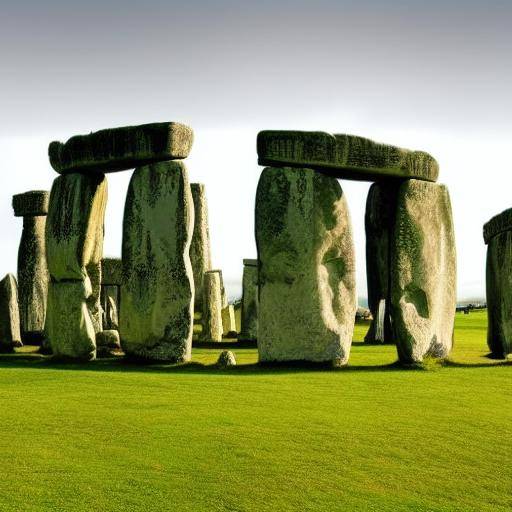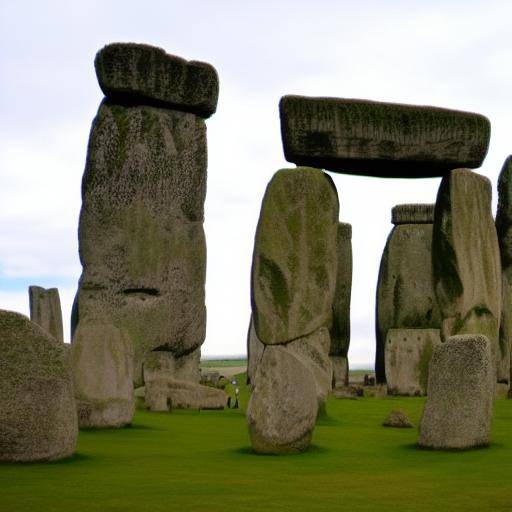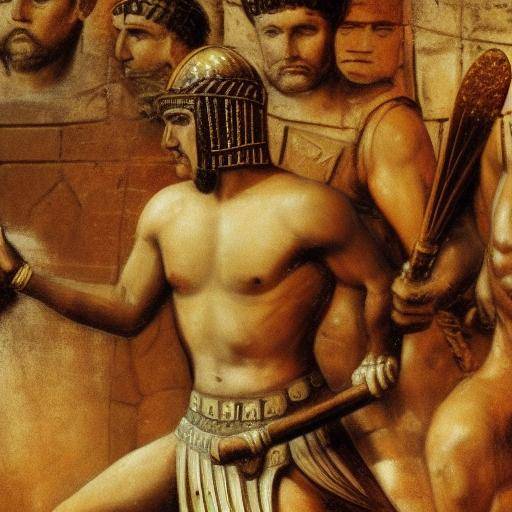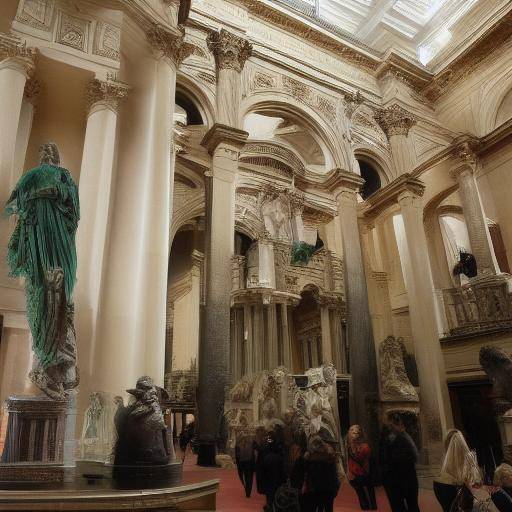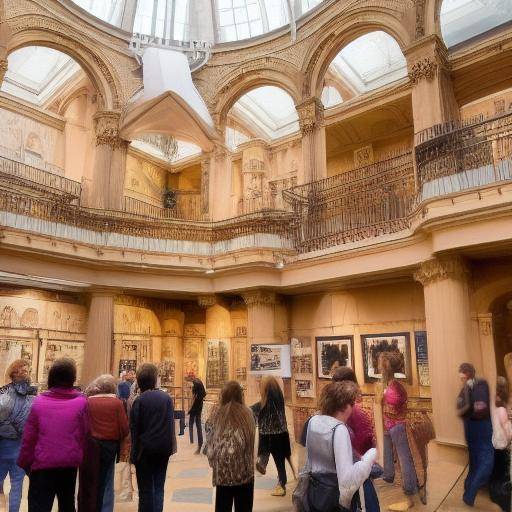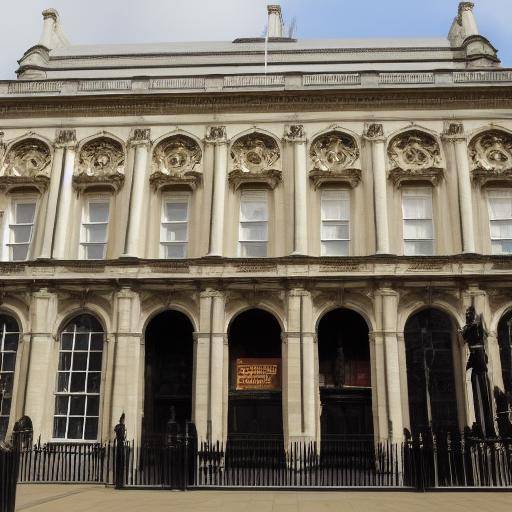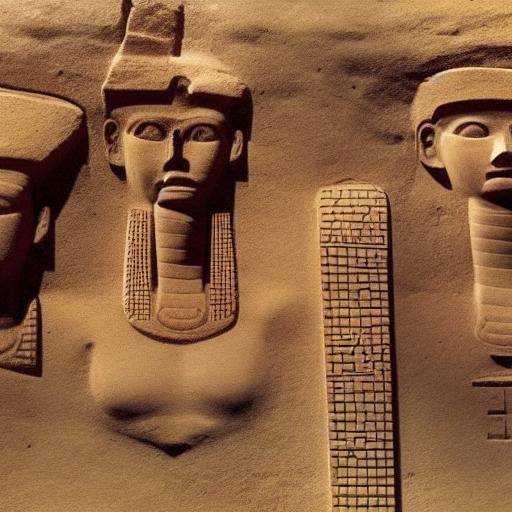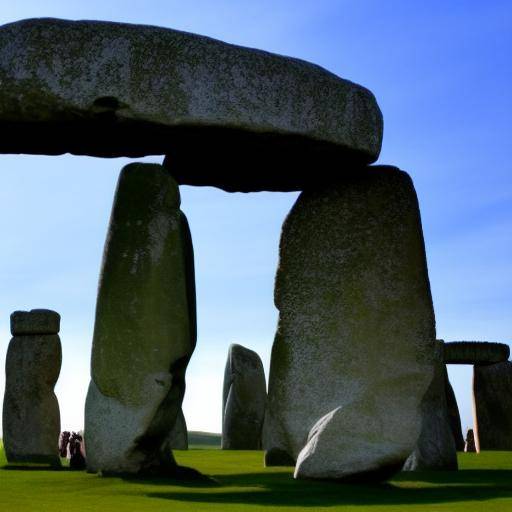
Ancient history is a maze of mysteries and wonders. One of the world's most famous riddles is located in the English countryside in Wiltshire County, where Stonehenge is majestic. This iconic prehistoric monument has fascinated generations, awakening the imagination and astonishment of their own and strangers. Join us on this journey through history to unravel the mysteries of Stonehenge, explore the ancient history of England and discover the meaning behind these imposing monoliths.
Introduction
Stonehenge is much more than a set of stones placed in a circle. It is a millennial testimony that challenges the passage of time and immerses us in the dawns of humanity. In this article, we will explore the historical roots of this enigmatic place, the significance of its constructions and the influence it has had over the centuries. We will also analyze the ancient history of England, its evolution and its impact on the culture and heritage of the country. Join us in this exciting journey through the past to better understand the present.
History and History of Stonehenge
Stonehenge: A Prehistoric Enigma
Since its origins more than 5000 years ago, Stonehenge has been an enigma for historians, archaeologists and curious alike. Despite the theories and discoveries, its original purpose continues to elud us, adding a halo of mystery that envelops it.
A Monument for Eternity
Stonehenge's construction is a tribute to ancient engineering and knowledge. The gigantic stone blocks arranged with millimetric precision challenge the technological abilities of the time, feeding theories about its purpose and meaning.
The Persist Mystery
The theories on Stonehenge's purpose are numerous and varied. Some suggest it was an astronomical calendar, others see it as a place of religious or ceremonial rituals. However, its true purpose remains an unresolved mystery.
Analysis in Deep
Cultural and Tourist Impact
Stonehenge's cultural value as UNESCO World Heritage and its massive tourist attraction make it a key piece of British legacy. The mystique surrounding it attracts visitors from around the world, generating a significant economic impact in the region.
Challenges and Disputes
Stonehenge's preservation and conservation face constant challenges, from natural deterioration to the impact of human activity on its surroundings. Efforts to ensure their historical integrity often clash with modern needs, generating tensions and debates.
Learning from the Past
The importance of preserving and studying monuments like Stonehenge goes beyond mere historical curiosity. It allows us to understand the cultural and technological evolution of past civilizations and to apply lessons learned today.
Comprehensive review
Comparing Old Laws
Stonehenge has parallels with other prehistoric sites around the world, such as the pyramids of Egypt, the Mayan ruins or the dolmens of Europe. Revealing similarities and differences can shed light on global connections and the evolution of old societies.
Future Outlook
The study and preservation of Stonehenge pose challenges and opportunities for the future. The advance of technology allows new forms of research and conservation, as well as the creation of virtual experiences that promote accessibility and historical awareness.
Practical Tips and Accessible Recommendations
Living the Experience
Visiting Stonehenge is immersed in a mystical and evocative environment. Planning the trip in advance, hiring a local guide and respecting conservation indications are key recommendations for a memorable and respectful experience.
Exploring the Ancient History of England
The rich ancient history of England is not limited to Stonehenge. Exploring other archaeological sites, museums and historical exhibitions can provide a more complete understanding of the country's ancestral legacy.
Ideas and Opinions of Experts on Industry
Visions for the Future
Talking with experts in archaeology, history and conservation can provide valuable insights into Stonehenge's legacy and its ongoing impact on society. Their opinions shed light on the future of this iconic monument.
Case Studies and Applications in Real Life
Exploring cases of study that demonstrate Stonehenge's influence on culture, art or science can reveal unexpected connections and useful lessons for the present.
Future Trends and Predictions
Emerging Challenges and Opportunities
The future of Stonehenge and the ancient history of England faces challenges related to the preservation, dissemination of knowledge and evolution of archaeological research techniques. However, these same situations provide opportunities for greater understanding and appreciation of the past.
Conclusion
Stonehenge, with its unresolved puzzle and its imperishable majesty, represents a bridge to the past that arouses our curiosity and wonder. By exploring the history of Stonehenge and ancient England, we immerse ourselves in a journey in the time that transcends the barriers of mystery and connects us to the roots of humanity. Ultimately, Stonehenge is much more than a stone monument; it is an eternal reminder of our ability to build, imagine and transcend throughout history.
FAQ
1. What is Stonehenge's antiquity and who built it?
Stonehenge dates back to at least 5000 years, during the early Neolithic. Although the debate on who built it continues, it is believed that it was erected by prehistoric communities inhabiting the region.
2. Why is Stonehenge so famous and visited?
The combination of its architectural riddle, its antiquity and its status as UNESCO World Heritage makes it a very attractive tourist destination.
3. What is the archaeological value of Stonehenge?
In addition to its cultural and historical significance, Stonehenge provides valuable archaeological data on technology, social organization and antiquity beliefs.
4. Why is it important to preserve Stonehenge?
The preservation of Stonehenge is crucial to perpetuate its legacy and allow future research, as well as to enrich the understanding of our shared history.
5. Are there other sites similar to Stonehenge in the world?
Yes, there are numerous prehistoric sites around the world with similar features to Stonehenge, suggesting ancient connections between different cultures.
6. What is the economic and social impact of Stonehenge in the region?
Stonehenge significantly promotes local and regional tourism, generating employment and economic activity, as well as promoting historical and cultural awareness among visitors.
Concluding, Stonehenge and the ancient history of England invite us to a fascinating journey through time. By understanding and appreciating these deep roots, we enrich our understanding of the world around us and connect with the trajectory of humanity over the centuries.
References:
- English Heritage - Stonehenge
- National Geographic - Stonehenge
- Ancient History of England - Wikipedia
I hope this article has been able to provide a profound and insightful view of Stonehenge, the ancient history of England and its relevance over time. May he continue to awaken the curiosity and awe of coming generations, and may his mystery continue to inspire the exploration and understanding of our ancestral past.

